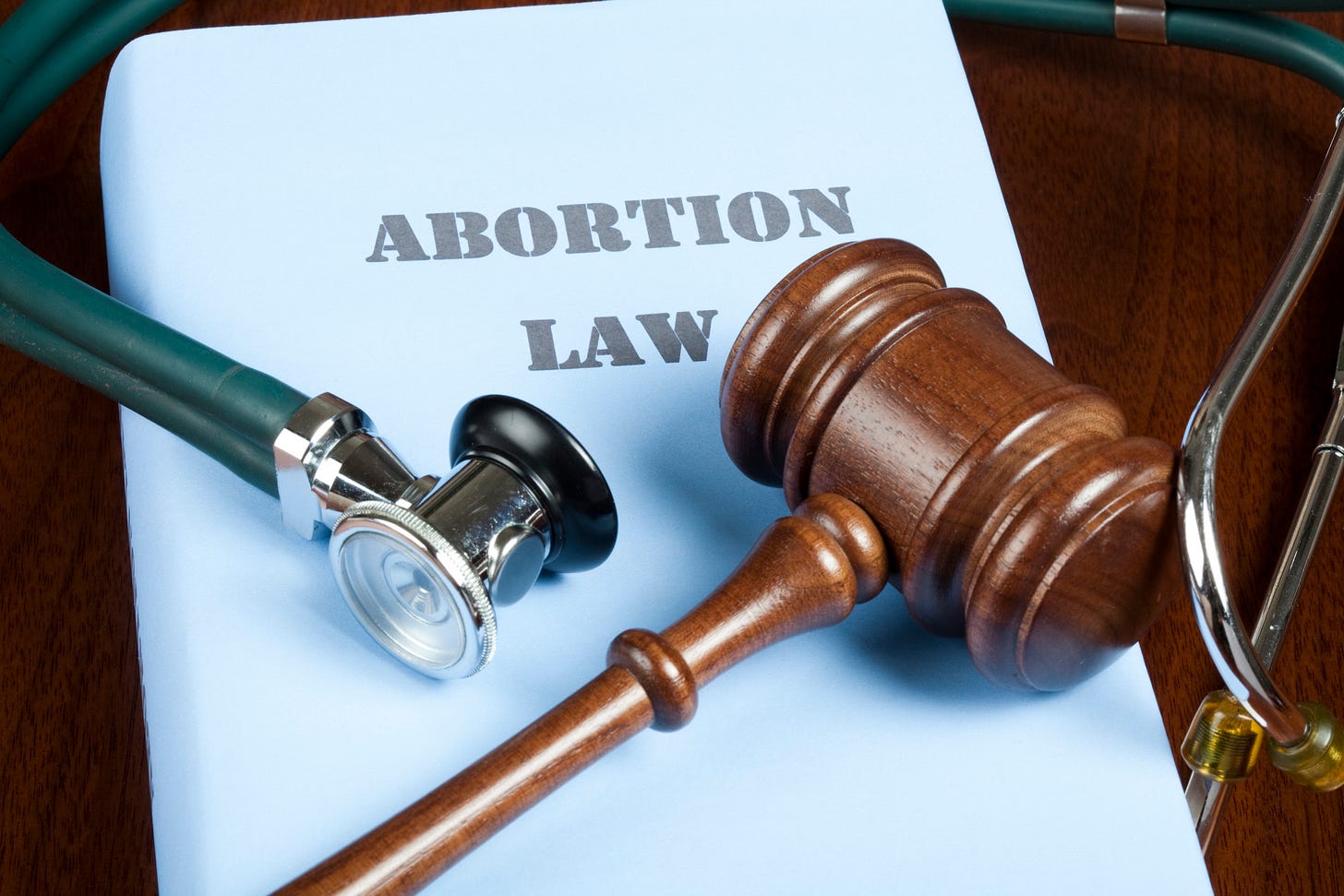Indian Health Service updates abortion policy
Agency takes federal law-based stand against states that may ban abortion.
WASHINGTON — As the Indian Health Service (IHS) waits on a federal bureaucracy that has slow-walked the confirmation of a permanent director, current agency officials and Biden administration leaders at the U.S. Department of Health and Human Services (HHS) are taking progressive steps to get around anti-abortion components of the recent Dobbs decision …
Keep reading with a 7-day free trial
Subscribe to Indigenous Wire to keep reading this post and get 7 days of free access to the full post archives.


